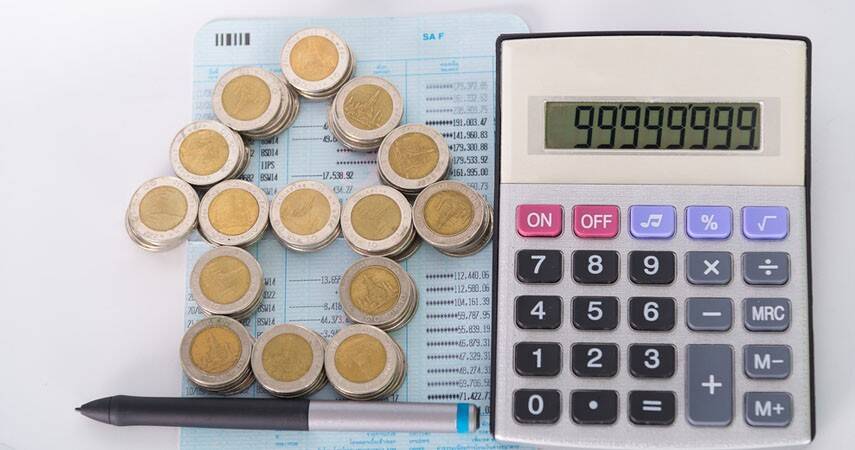1.To check if there is any another loan in existence:
With the help of bank account statements, lenders can identify if there is any other loan in existence. If every month a similar amount is debited, then it shows another loan. The existence of any other loan will decide the eligibility of the current loan you have applied for.
2.Nature of work and income:
If a person is self employed, bank account statements help to identify how much they earn in a month and compare it to the declared income tax return or the one mentioned in the application form. If there is any huge deposit in the account without any business warning, then it creates enough doubt for the lenders to think about the loan eligibility.
If the applicant is salaried, bank account statement will help identify the salary of the person. If a similar amount is credited every month, then it points to the salary of the applicant. If the salary is not credited month after month and it does not match to the income tax declaration, then it is enough for the lender to view it with suspicion.
3.Cheque matters:
The number of cheques deposited or returned, point to the profile of the customer. The charges fined for the cheque deposit or bounced the cheque or those that are returned unpaid, help the lender to know the number of cheques deposited or issued by the applicant. If the number of the cheques returned are higher, than it may impact the chances of the loan approval.
4.Understand the spending habits:
Account balance and savings help the lender understand your financial status. The increasing trend of using credit and debit cards for online shopping, bill payments etc. This helps the lender understand the applicant’s spending habit. This helps the lender to identify the suitable amount to approve for the loan. Higher credit payments result in decreasing the loan amount.







